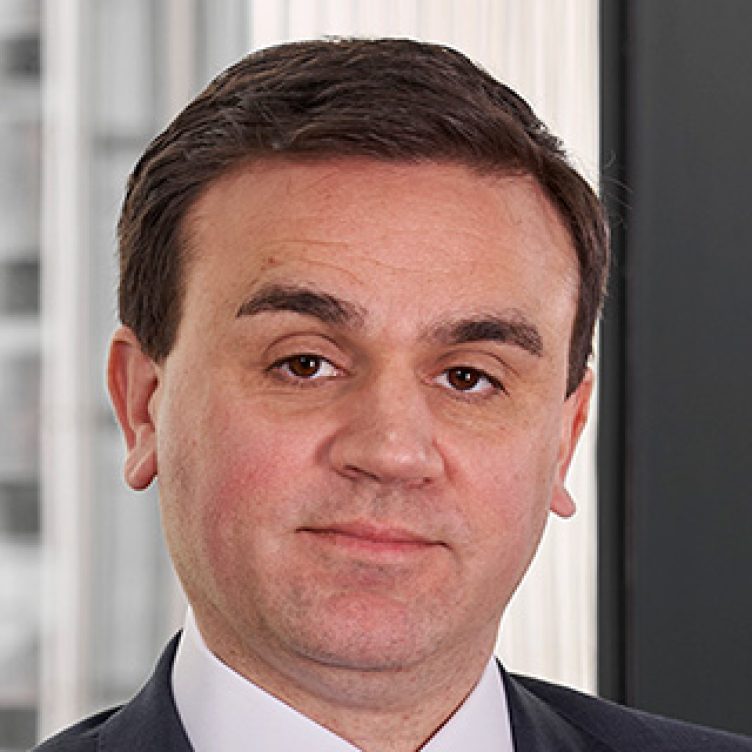The situation at Thames Water has dominated headlines in recent days. Reports suggest the UK’s largest water supplier is on the verge of going bust having accumulated £14 billion worth of debt, with the government preparing to step in to protect the c. 15 million customers affected.
Alex Jay, Head of Insolvency and Asset Recovery at Stewarts, spoke to Sean Farrington on this morning’s BBC Radio 5 Live ‘Wake Up to Money’ about the issues affecting Thames Water. Listen to the full recording here (starts at 34.22).
What is the best way out for Thames Water?
Alex noted that the ideal option for the business would be to find a way to raise the finance it is reported to need, so it can continue as is, and that this would be the most attractive and economical solution for the company and all parties. One alternative would be for a buyer to come in and acquire the company, taking it forward and in effect restructuring its debts. Finally, the option mooted in the press is the special administration regime, which would be more of a draconian option and something of a last resort.
Explaining the special administration regime, Alex noted that this concept exists in various different business sectors. In the finance sector, we saw this deployed in the case of the Lehman Brothers collapse; it was used when a number of energy companies went bust recently and Bulb has been put up as a comparison in some ways to Thames Water.
The way that would work is that insolvency professionals from one of the major accountancy firms would be brought in to run the business, while a buyer is sought out to ensure Thames Water can continue, as it cannot just cease to exist given the essential nature of water supply.
What could a special administration regime cost the taxpayer?
Though Alex noted that the government stepping in would likely cost the taxpayer tens or hundreds of millions and possibly more, he proposed looking beyond headline figures to previous examples.
Bulb had been mentioned widely in the press, and the special administrators’ fees in that case ran to about £30 million as of 2022, but the total cost of running the energy firm was reported to be closer to £1.1 billion. Sean Farrington noted that energy supplier Octopus stepping in to take on Bulb customers may have in fact resulted in a profit for the taxpayer, but this was in result of changes in energy prices and this is unlikely to be replicated in the water market.
The best route out of the crisis?
Alex proposed that the best route overall would be for a solution to be found for Thames Water either with its existing financial backers allowing it to continue on a solid platform, or with a buyer stepping in and the water supplier undergoing a refinancing of sorts. The special administration regime would act as a fallback to make sure Thames Water can continue operating, but it would come at a cost of millions of pounds to the taxpayer.
You can find further information regarding our expertise, experience and team on our Insolvency and Asset Recovery and Fraud pages.
If you require assistance from our team, please contact us or alternatively request a call back from one of our lawyers by submitting this form.






